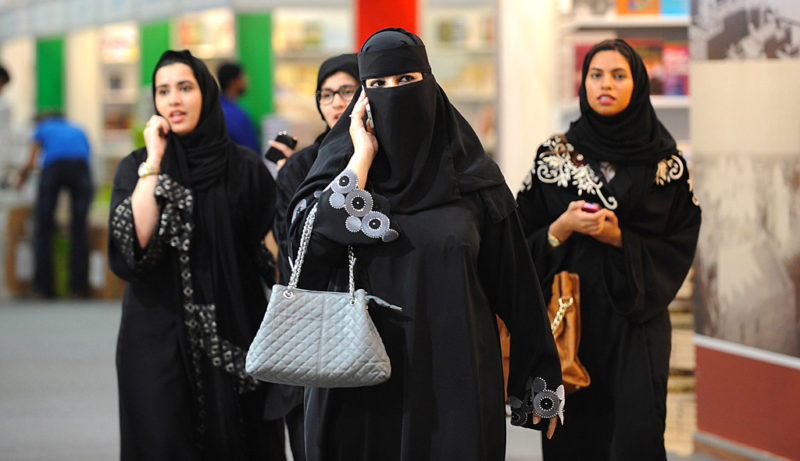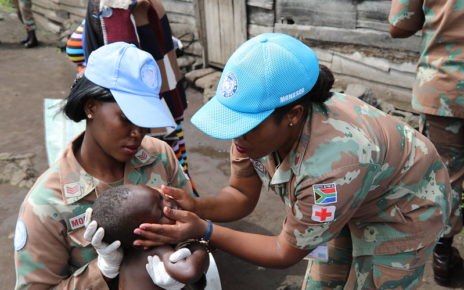
Somalia’s civil conflict and state collapse in 1991 created a war-gutted system that is too weak, corrupt, and ill-equipped to protect its female population. The Federal Government of Somalia was formed in 2012 and depends on international assistance for survival. What is more, the weak government does not control all of Somalia; it only controls the capital, Mogadishu, and the Benadir district. Despite the government’s efforts to sign a joint communiqué with the UN’s special representative on sexual violence, it is evident that the extent of the sexual violence issue is too great for the government to deal with.
When Hassan Sheikh Mohamud became President in 2012 he promised his country a better Somalia that would secure its people and ensure justice. Despite these promises it is no secret that women and girls are not safe and are even more prone to sexual violence in Internally Displaced Persons (IDP) camps, which are located throughout government-controlled regions.
Why sexual violence thrives in Somalia
During the first half of 2013 the UN Office for the Coordination of Humanitarian Affairs (OCHA) reported 800 cases of sexual violence against women and girls, solely in Mogadishu. Prior to that, from January to November 2012, 1,700 cases of rape were reported. Sadly, one-third of these victims are children. It is important to note that many victims will not come forward because of the corrupt Somalian system. Moreover, women and girls are not safe and can be attacked at any moment, and the social stigma attached to being a rape victim is heavily embedded in Somalian culture.

One of the most serious issues is that Somalia is unable to protect its citizens. The inability to police the districts that are controlled by the government leaves its population vulnerable to any form of threat. A case in point: in 2012 a bus traveling on the way to Mogadishu was stopped by a group of men carrying rifles. After forcing the women to get off the bus they were sexually assaulted and, after the attack were allowed to return to the bus. The inability to travel freely and safely is an example of how the government is unable to keep its people secure. What can be learned from this is that there is no accountability or prevention for sexual violence in Somalia.
Another example of vulnerability is the common occurrence of sexual violence in IDP camps. It is Somalia’s duty to protect people in IDPs camps but, unfortunately, the government is failing to do so. Women are sexually assaulted both inside and outside of their camps. The sad truth is that females are targets on a 24/7 basis so they can be at risk during a walk to collect fuel or while resting inside of the camps. Some of these camps have security forces patrolling them but others have no form of security. Notably, whether or not these camps are “protected” from security forces does not matter for the following reason: it was revealed recently that government forces and militias are also responsible for committing these attacks.
Without a doubt, encouraging gender equality is a difficult process for a government that is not centralized and lacks the ability to be self-sufficient. It is clear that the government needs to focus on preventing sexual assault, delivering justice, enforcing laws dedicated to gender equality, and promoting gender equality in all facets of life through awareness programs. The Somali government, in collaboration with the UN Assistance Mission in Somalia (UNSOM), released a draft action plan that will focus on ending this sexual violence pandemic. Only time will tell us if these efforts are enough to protect the women and girls of Somalia.




